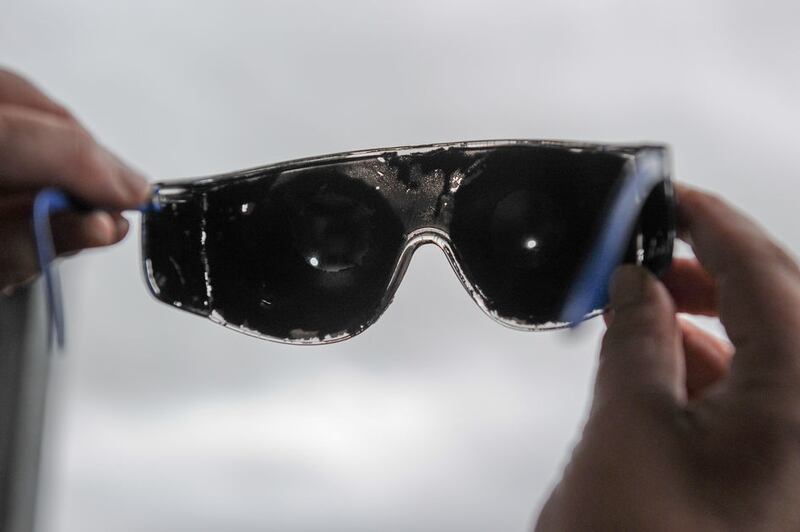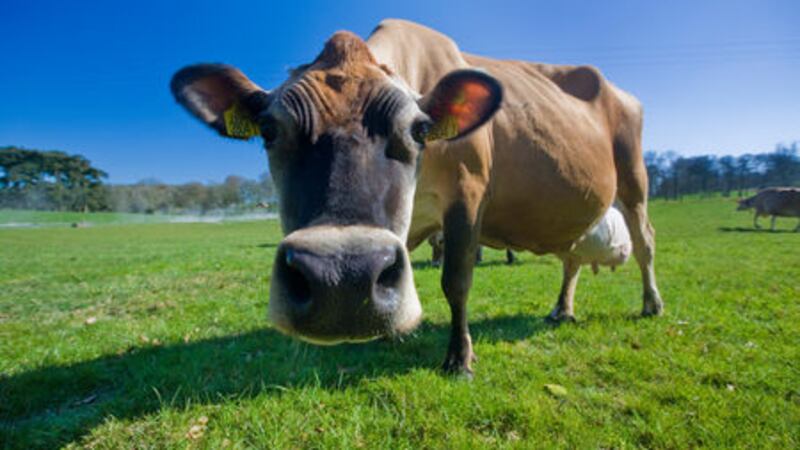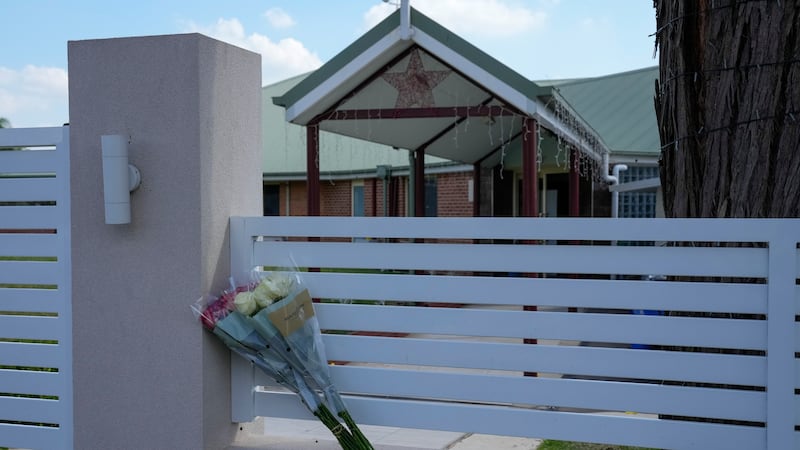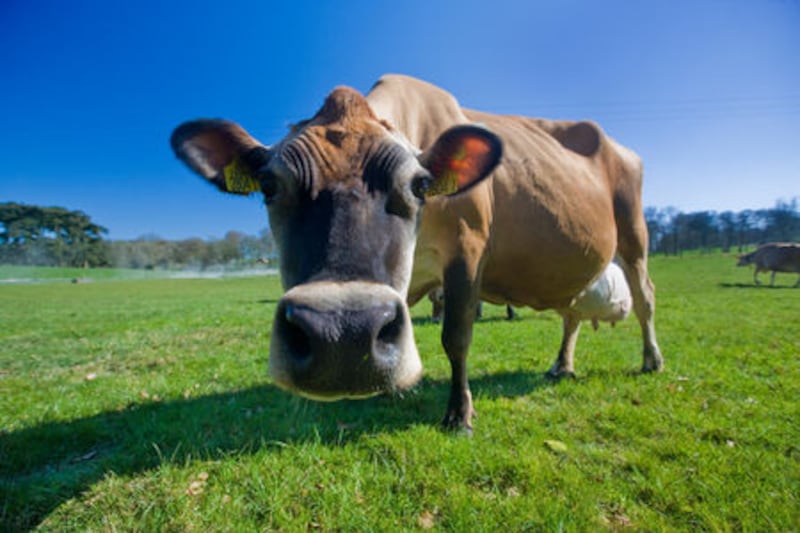THERE have been a number of incidents of cows attacking people in Northern Ireland lately. A woman in her seventies died this week after reportedly checking a newborn calf when its mother rushed at her on a farm in Garvagh.
Last month another woman suffered horrific injuries after she was attacked by a cow in Co Fermanagh. Caroline Somerville from south Belfast had been visiting Devenish Island when she was attacked by the farm animal.
Her dog was also injured and later died.
Richard McIvor, chair of the Northern Ireland Branch of the Institution of Occupational Safety and Health (IOSH), explains the dangers of handling cattle:
Through our activities at the NI branch of the Institution of Occupational Safety and Health, we’ve seen understanding animal psychology emerge as an important consideration when promoting safety around cattle.
Experts have analysed bovine behaviour and have found that there are four basic drivers
- fear
- aggression
- learned responses
- their instincts
If animals are being handled they could see it as something that is going to trigger a fear response – that fight, flight and freeze instinct. Being able to read the cattle’s behaviour can help avoid ending up in situations that are difficult to control.
Cattle that are not handled frequently or have bad past experiences with humans can also react negatively, as can those that are being handled by unfamiliar people or in different surroundings to normal.
Cows and heifers ‘on-heat’ or after calving are generally unpredictable, too.
Our colleagues in IOSH’s Rural Industries Group have previously held events to highlight cattle safety with the help of animal psychologists.
They have included giving farm workers a chance to experience a cow’s eye view of the world to learn more about what could trigger their fight or flight instincts.
Delegates were walked through a set of cattle handling facilities wearing a specially adapted set of glasses, which gave the wearer limited binocular vision.
Anyone approaching them from behind or the side was obscured from view.
How we interact with the animals has changed over the years. As a result, the way the animals behave and react, whether that’s with staff on the farm, a vet or walkers on a footpath, has also changed.
Useful guidance is available through the Farm Safety Partnership’s 'Stop and Think SAFE' campaign, which advises farmers to stop and think about four main farm hazards - slurry, animals, falls and equipment (SAFE).
Our branch is also working with the IOSH Ireland Branch and its Rural Industries Section to host free workshops to promote farm and farmer safety. The next session is due to take place at Mountbellew Agricultural College, in Co Galway in Ireland, on Wednesday 16 November.
The sessions aim to help to make the local farming community more aware of the dangers of unsafe practices and demonstrate how a safer farmyard can help prevent incidents. The upcoming event will focus on cattle and slurry management, as well as safe use of chainsaws and machinery. Visit www.iosh.co.uk for more details.
Much good work is being done to promote agricultural safety in Northern Ireland. Sadly, the tragic deaths of two people in farming incidents in Co Tyrone and Co Derry over the past week are a stark reminder of the need to continue our efforts.




